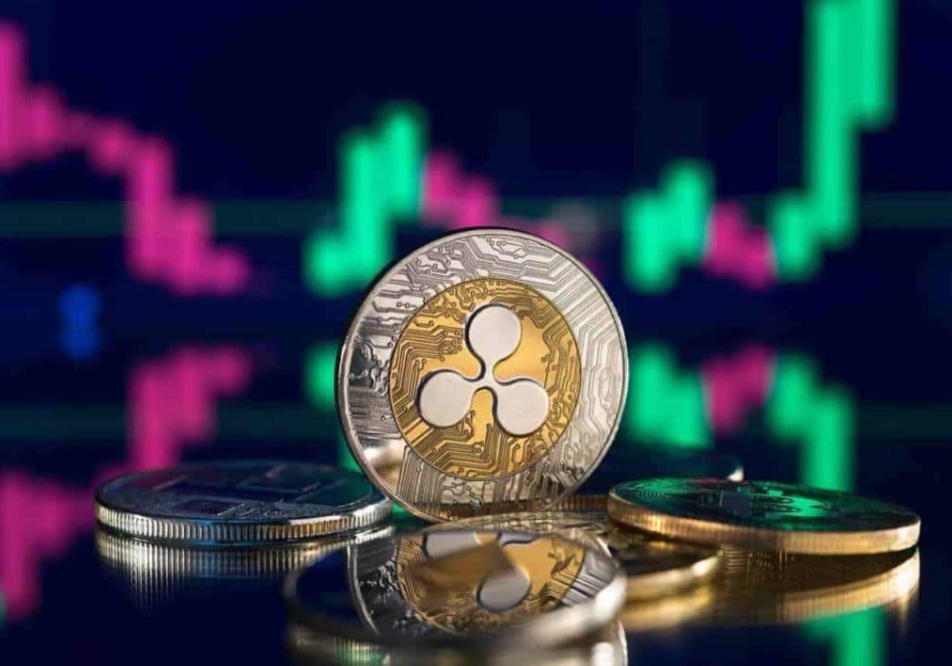
In a recent post, Ripple CTO, David Schwartz, explained Automated Market Makers (AMMs) – a vital component in the decentralized finance (DeFi) framework, and their trading strategies for profit.
Schwartz states that AMMs thrive when an asset is volatile but does not change its price direction much. Schwartz explained further that an asset whose volatility exceeds its long-term trend would have a positive average percentage movement. However, if the long-term trend is negative, it will reduce the average slightly and vice-versa.
It’s Not Difficult to Create A Trading Strategy, Ripple CTO
According to the Ripple CTO, it is not difficult to create a trading strategy to track the average percentage movement of an asset.
He further explained that the trading strategy of an AMM is advanced compared to a simple trading strategy and focuses on price volatility.
Schwartz, however, added a disclaimer at the end of his analysis. He stated that the AMM trading strategy only works for an AMM between an asset with a fixed price and one whose price is volatile enough to overcome its long-term trend.
Also, he believes that although AMM works even when the assets don’t meet the stated conditions, their behavior is different. From his analysis, a notable deviation will only occur with a long-term negative price movement that exceeds the volatility.
Crypto Enthusiast Reacts To Analysis
Reacting to Schwartz’s AMM analysis, Molly Elmore asked if XRP would be the asset with a fixed price paired with every other asset on the XRP ledger (XRPL).
In response, Schwartz stated that the AMM is not exclusive to XRP and can function between any asset pair. However, the trading strategies will differ mathematically if both assets are volatile.
Citing the BTC/XRP pair as a reference, Schwartz stated that although both assets are volatile, the pairing is still great.
Additionally, he stated that if you are bullish on XRP and BTC, investing in an XRP/USD AMM implies holding much USD that can go up.
Notably, holding shares of an XRP/BTC AMM captures more of the upward price movement of XRP and BTC if the bullish sentiment is correct.
Schwartz continued his analysis, stating that if XRP and BTC’s price doubles, an XRP/USD AMM has a worst-case (no volatility and no market making) yield of around 40%.
In comparison, an XRP/BTC AMM has a worst-case yield of 100%. On the flip side, Schwartz noted that the outcome is worse if your bullish sentiment is wrong.
If both XRP and BTC reduce by 50%, the worst case loss is 50%, while for an XRP/USD AMM, the worst case loss is about 30%. So he believes XRP USD is safer while XRP/BTC is volatile. Schwartz noted that his analysis seemed complex and explained further in a tweet.
He stated that AMMs charges trading fees, and volatility causes people to trade with AMMs. Therefore, AMMs turn volatility into fees.
Featured image from Pixabay and chart from Tradingview.com

Leave a Reply